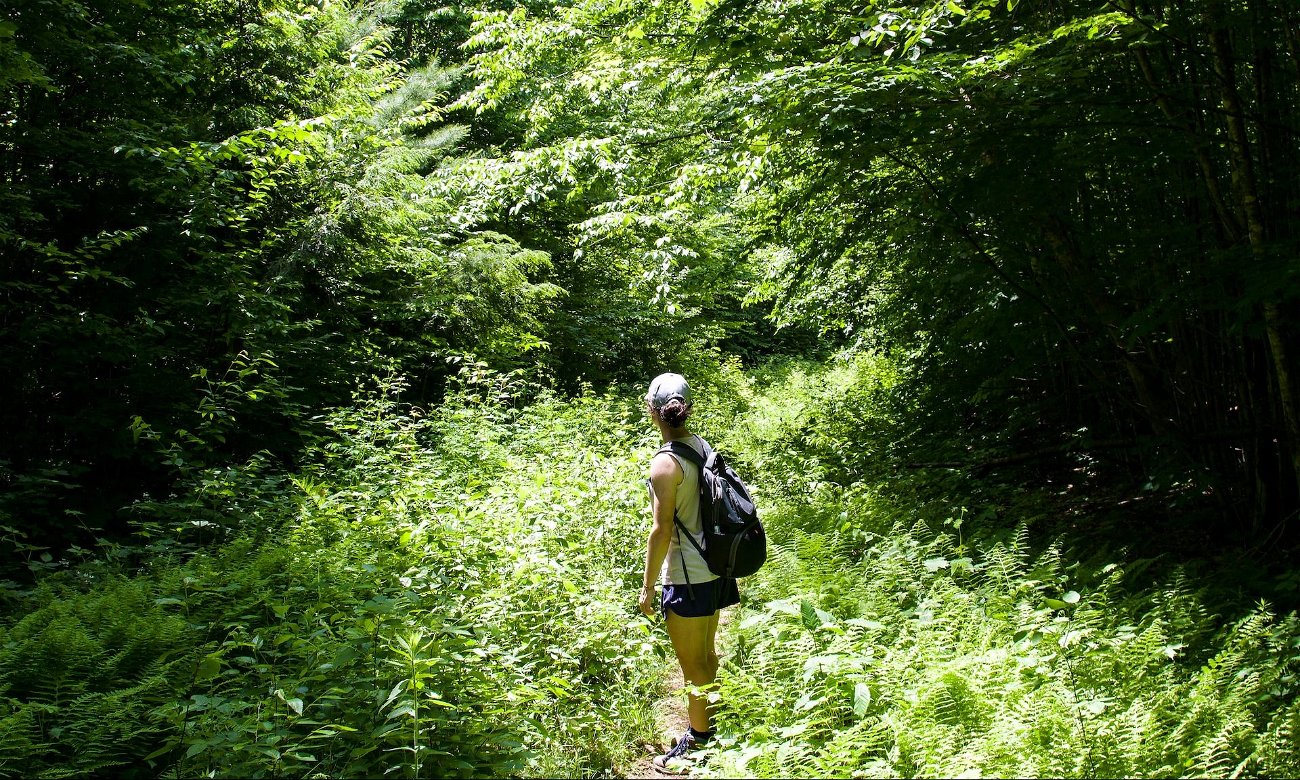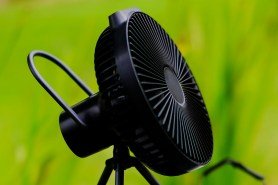

According to recent research, walking through nature could boost the body’s numbers of cancer-fighting NK (“natural killer”) cells. But, contrary to what many outdoor recreationists might tell you, these health benefits kick in not when you push yourself, but when you slow down. Way down.
This is the essence of Shinrin-yoku, or “forest bathing,” a Japanese practice that involves immersing yourself in nature. Traditionally, forest bathing involves using all five senses to take in the natural world. It’s more about perception than movement, and, as such, has more in common with meditation than it does with hiking or even primitive camping.
While vigorous outdoor exercise can contribute to health in a number of meaningful ways, research on forest bathing indicates that significant mental and immune benefits may come more from being mindful in nature, rather than from exercise alone.
The Research
While there’s well-documented research pointing to the positive health impacts of mindfulness — and plenty supporting the benefits of spending time in nature — Shinrin-yoku is perhaps the first to show the benefits of combining mindfulness and nature in a meaningful way. The result is a one-two punch that improves everything from sleep quality to heart health.
A trend that emerged in the 1980s in response to Japan’s tech boom, Shinrin-yoku was originally created as a salve for the rapid-fire pace of modern life. Since then, it’s gained international popularity. It’s also been the subject of three decades of consistent research.

In one of the more recent studies, a small 2022 experiment led by researchers from Japan’s Nippon Medical School and Tokyo Medical Center, a group of forest bathers experienced relief from their depression symptoms after participating in a forest-bathing regime. The researchers found their subjects had higher serotonin levels, improved sleep and reduced fatigue. They also discovered that these results were more significant in truly heavily forested environments than in urban ones, possibly as a result of airborne phytoncides, immunity-boosting chemicals released by plants.
According to another recent study, a 2022 literature review by researcher Qing Li, forest bathing increased the numbers and activity of NK cells and boost other markers of cancer-fighting activity in the body. It’s also been shown to help reduce blood pressure, lower heart rate, alleviate anxiety and reduce levels of stress hormones.
The Right Way to “Forest Bathe”
The trick, experts say, is to wander slowly without any particular objective in mind. (The participants in the 2022 depression study, for example, covered just 1.5 miles in over 2 hours.) Likewise, try to slow your thoughts. Use all five senses to observe the forest around you. Touch a tree trunk or a patch of moss. Listen for bird sounds. Inhale the scent of the forest floor.
While Qing Li recommends forest bathing for 10 hours a week for maximum benefit, he notes that just 20 minutes per day in a leafy local park can do wonders for both mental health and immunity. It’s so effective that doctors in the UK have been prescribing nature time as a preventative measure.
The message: An apple a day may not keep the doctor away – but a slow walk through the park just might!









